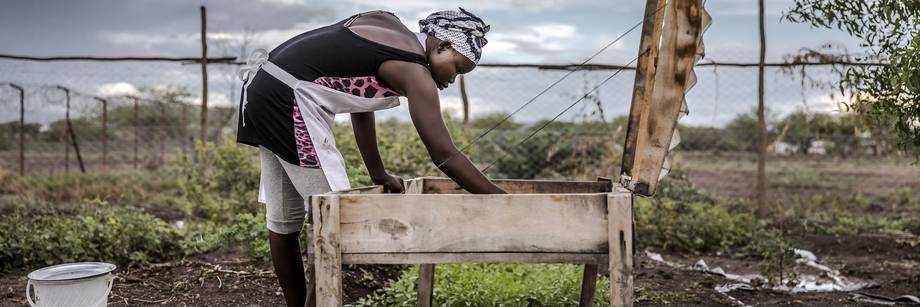Tanzania case study
The project includes three components for a total cost of US$ 45.07 million:
The FAO/World Bank “Accelerated Food Security Project” (ASFP) in Tanzania seeks to increase maize and rice production as well as the productivity in targeted areas. The objective is mainly to improve Tanzanian farmers' access to critical agricultural inputs, such as fertilizers and improved seeds. Participating farmers are also requested to abandon the practice of burning crop residues.
At full implementation, the project is expected to benefit 2.5 million smallholders in several districts of Tanzania. It aims at the intensification of food production in areas with high agro-ecological potential, for the production of staple crops in the southern and northern highlands as well as in the western regions.
This case study reflects how an intensive accelerated project, which acts on food security by increasing the use of inputs, can be designed in terms of its mitigation potential. It particularly points out the fact that synergies are possible between food security and agriculture mitigation.
Main outputs
| Project scenario (in t eq-CO2) | Simulated scenario (in t eq-CO2) |
Total carbon balance | -5811123 | -1558440 |
Carbon balance/ha | -5.5 | -1.5 |
Carbon balance/year | -290556 | -77922 |
Carbon balance/smallholder | -2.32445 | -0.62338 |

